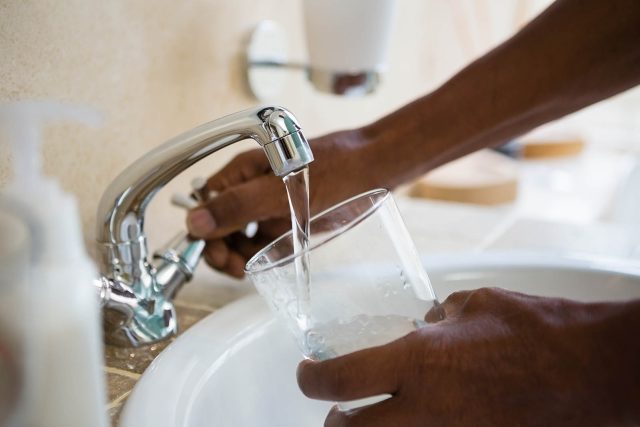
dcwins.com
Some customers of Birmingham Water Works will receive letters next week from the utility under new federal rules that are designed to identify households whose homes may be served by lead pipes.
The letters will primarily go to customers in homes built before 1989. Receiving a letter does not mean the customer’s water is contaminated by lead.
The water from Birmingham Water Works is routinely tested and far exceeds safety standards for lead. The new rules are focused on potential lead contamination that could occur in privately owned service lines that connect to individual homes.
Some older homes with lead pipes may have had plumbing upgrades using newer materials, and homes that still have lead service lines do not necessarily have an immediate problem. For customers who have opted into voluntary in-home testing, Birmingham Water Works tests water from home faucets and is able to detect problems in homes whose pipes contain lead.
“We want our customers to be aware of potential lead issues, but we don’t want them to be alarmed if they receive this letter,” said Darryl R. Jones, Interim General Manager of Birmingham Water Works. “The goal is to make sure our customers know if they have a risk in their home, and to give them information to address that risk.”
Customers who do have lead service lines have several options:
- They can use water filter pitchers that will be provided for free by Birmingham Water Works.
- They can request regular in-home testing by Birmingham Water Works to see if the water from their inside faucets contains unsafe levels of lead.
- They can hire a plumber to replace their service lines with pipes that do not contain lead.
The new rules from the U.S. Environmental Protection Agency require water utilities across the country to compile an accurate count of customers whose service lines contain lead. The letters will ask that customers examine their pipes and report the results to Birmingham Water Works.
Any customer who has concerns about lead pipes can visit Birmingham Water Works’ website at www.bwwb.org/leadfree or call (205) 244-4000. Resources include how to identify lead pipes, what the potential risks are and how to mitigate those risks.
The new federal requirements are in addition to the steps Birmingham Water Works has been taking proactively for years to ensure the quality of its water. In addition to other safety measures, Birmingham Water Works tests its water more often than required, and it has been proactively identifying and replacing portions of infrastructure that contain older pipes, including service lines, Jones said.
“Our top priorities are to ensure the quality of our water remains excellent and to safeguard the health of our customers,” Jones said. “Under these new federal rules, water utilities like ours can do an even better job of helping our customers identify risks in their own lines and take steps to protect their families.”




